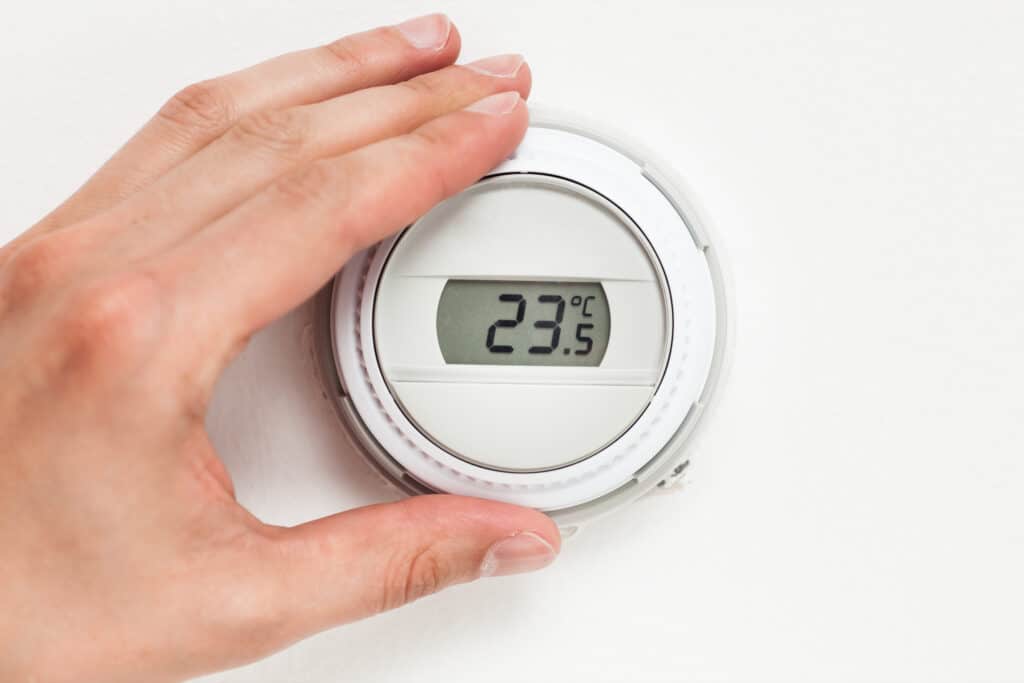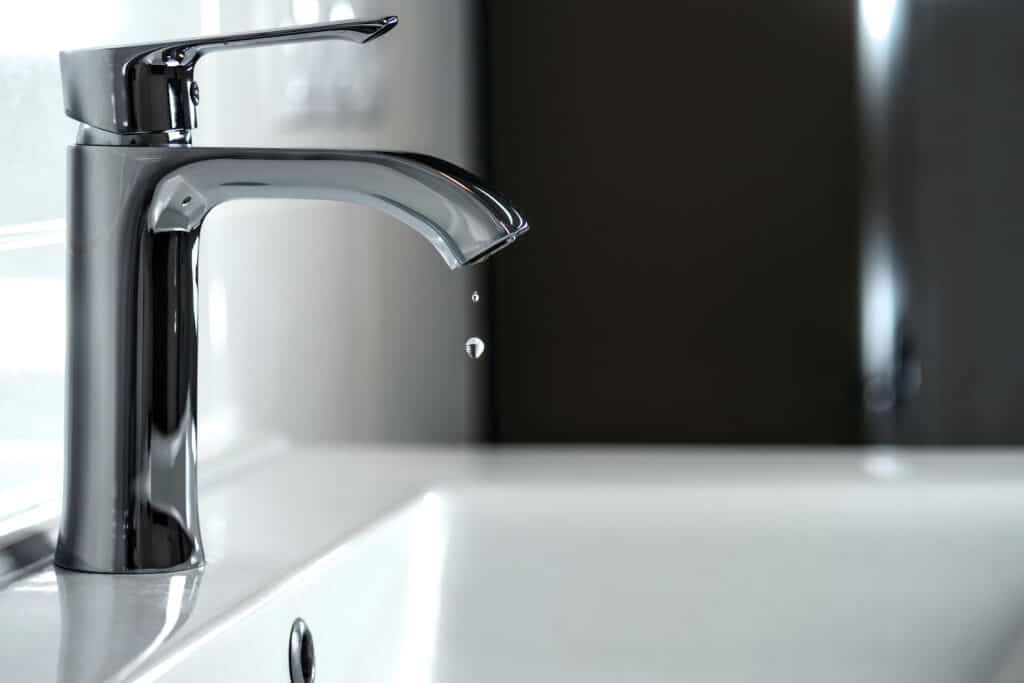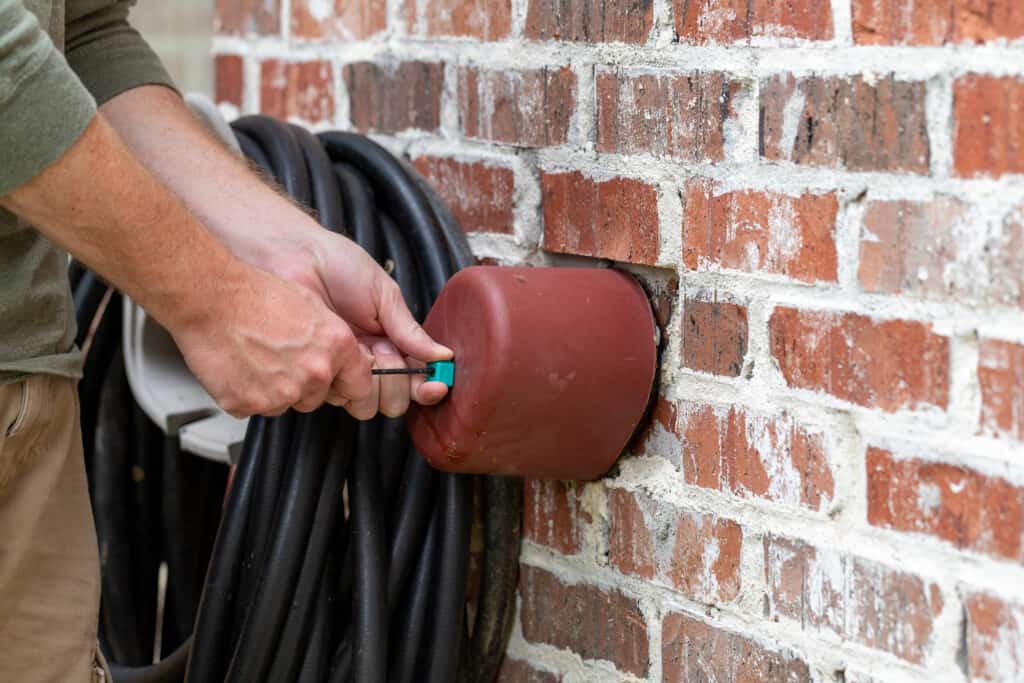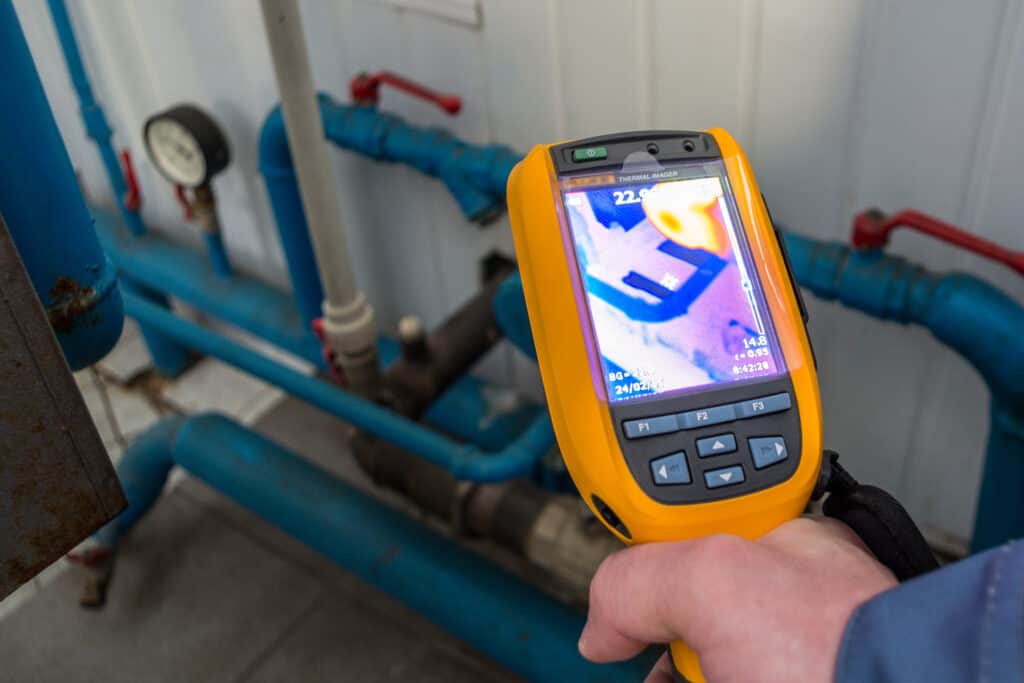An Introduction To Frozen Pipes And How To Prevent Pipes From Freezing
As the winter season approaches, homeowners are bracing themselves for the challenges of plummeting temperatures. One of the most common and distressing problems faced during this season is the issue of frozen pipes. Frozen pipes can lead to costly damage to your home and plumbing system when they burst. However, by taking proactive steps, you can safeguard your pipes from freezing and ensure a trouble-free winter. In this comprehensive guide, we will explore seven highly effective ways to prevent your pipes from freezing, tailor-made to meet the specific needs of homeowners. Need an emergency plumber fast? We can help!
1. Properly Insulate Your Pipes
Insulation is your first line of defense against frozen pipes. It helps retain heat within your pipes, preventing freezing during the coldest of winter nights. Here’s a detailed approach to pipe insulation:
- To begin, identify the vulnerable areas in your home where pipes are at risk of freezing. These typically include crawlspaces, basements, and exterior walls.
- Invest in high-quality pipe insulation sleeves, readily available at your local hardware store. These sleeves are easy to install and can make a significant difference in preventing freezing.
- Seal any gaps and cracks in walls or floors that might allow cold air to reach your pipes. Weatherstripping and caulk are excellent choices for this purpose.

2. Maintain Consistent Indoor Heat To Thaw Frozen Pipes
Maintaining a consistent temperature within your home is paramount in preventing frozen pipes. Here are some detailed steps to help you achieve this:
- Set your thermostat to a constant temperature, ideally above 13°C (55°F), even when you’re not at home. Programmable thermostats can assist in maintaining a steady temperature schedule.
- To allow warm air to circulate around pipes located inside cabinets, keep the cabinet doors open. This is especially important for pipes located beneath sinks.
- Ensure that your home is adequately insulated to prevent drafts and heat loss, which can increase the risk of frozen pipes.

3. Allow Faucets To Drip To Prevent Frozen Pipes
A simple yet effective technique to prevent pipe freezing is to allow your faucets to drip slowly when temperatures plummet. Here’s why it works:
- Dripping faucets help relieve built-up pressure within the pipes, reducing the risk of freezing.
- Moving water is less likely to freeze compared to stagnant water. Even a slight flow can help maintain pipe integrity.
- Consistently dripping faucets help to conserve heat by ensuring that the pipes stay above the freezing point.

4. Winterize Outdoor Faucets
Outdoor faucets are particularly susceptible to freezing during winter. To protect them, follow these detailed steps:
- Disconnect and drain all garden hoses, and store them indoors during the winter months.
- Locate the shut-off valve for outdoor faucets and turn it off. Afterward, open the faucet to allow any remaining water to drain out.
- For added protection, cover outdoor faucets with insulated faucet covers to provide an extra layer of insulation against the cold.

5. Schedule A Professional Inspection To Thaw A Frozen Pipe
To ensure that your plumbing system is fully prepared for winter, consider scheduling a professional inspection with us. Our experienced technicians offer the following services:
- Identify vulnerable areas within your plumbing system that may be more prone to freezing and provide effective solutions.
- Assess the condition of your pipe insulation and recommend any necessary upgrades or repairs.
- Offer preventive maintenance services such as pipe flushing and antifreeze application to keep your plumbing system in top-notch condition throughout the winter season.
6. Use Pipe Heating Cables For Frozen Pipe Prevention
Pipe heating cables are an excellent solution for preventing frozen pipes, especially in areas prone to extreme cold. Here’s how to use them effectively:
- Wrap pipe heating cables around exposed pipes in unheated areas, such as crawlspaces and basements.
- Follow the manufacturer’s instructions for installation carefully, ensuring that the cables are properly secured and insulated.
- Monitor the cables throughout the winter to ensure they are functioning correctly and providing sufficient heat to prevent freezing.
7. Keep Your Home Warm Even When You’re Away And Prevent Main Water Line Bursts
If you plan to be away from home during the winter, it’s essential to take precautions to prevent frozen pipes in your absence. Here’s how:
- Set your thermostat to a temperature no lower than 13°C (55°F) to maintain a suitable environment for your pipes.
- Ask a trusted neighbour or friend to check on your home periodically and ensure that the heating system is functioning correctly.
- Shut off the main water supply and drain the plumbing system to minimize the risk of freezing while you’re away for an extended period.
Preventing And Thawing Pipes: Conclusion
Preventing frozen pipes during winter is essential for homeowners. By diligently following these seven detailed strategies, you can safeguard your plumbing system and avoid the potentially costly consequences of frozen pipes. Remember that we’re here to assist with all your plumbing needs. Stay warm, stay safe, and enjoy a worry-free winter! With these comprehensive tips, you’ll be well-prepared to face the challenges of winter with confidence. Contact us today!
